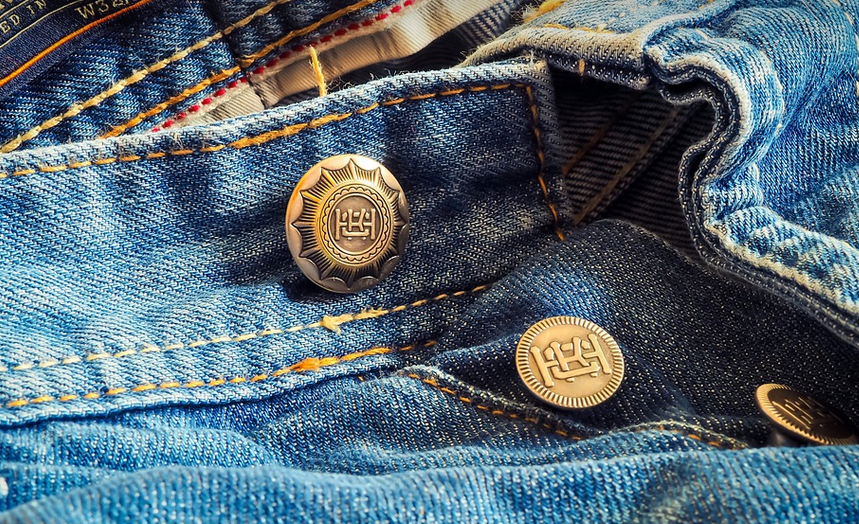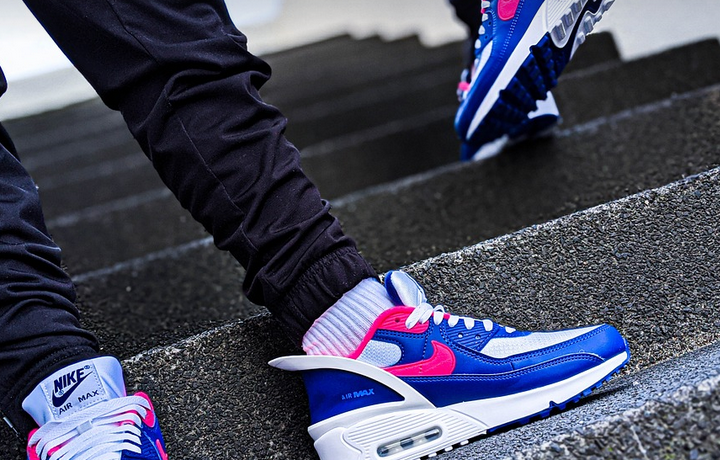Fish Oil Stains: A Guide To Removing The Grease

The Unexpected Menace of Fish Oil
You’ve just landed that elusive summer job, and suddenly you find yourself working in a bustling kitchen, surrounded by the aroma of fresh fish. It’s a moment of culinary bliss, but then…you stumble upon the unwelcome stain: a yellow blob on your favorite shirt or pants. The culprit? Fish oil! It’s not just an oily mess; it can be stubborn and tricky to deal with. But fear not, dear reader, for we’re about to embark on a journey to conquer those pesky fish oil stains.
The sheer presence of fish oil in your life is often a result of a well-loved culinary experience or even an unexpected incident. Whether it’s the aftermath of grilling fresh salmon or a forgotten drop of cooking grease, the staining power of fish oil can be quite formidable. Don’t let this oily foe intimidate you; understanding how to treat these stains will make your wardrobe look pristine once again
The Challenge of Fish Oil Stains
Fish oil is notorious for its stubbornness. This thick, waxy oil clings to fabrics with a tenacity that can test even the most seasoned stain remover’s resolve. Why is this? Well, fish oil is rich in fatty acids, which means it forms strong bonds with fibers, making it exceptionally difficult to remove without proper treatment.
Imagine your clothes as tiny fibers woven together, and the fish oil as a stubborn globule trying to hold on dear life. Fish oil molecules are like tiny magnets, attracted to the fibers in your clothes. This creates a sticky situation that makes cleaning an uphill battle.
The oily nature of this stain isn’t just about how difficult it is to wash away; it also impacts the way your clothes absorb water and detergent. The oil layer acts as a barrier, making it harder for traditional washing detergents to break down the oil and effectively remove it from your clothing.
Strategies for Success: A Step-by-Step Guide
The battle against fish oil stains is often won with patience and a multi-pronged approach. We’ll delve into some tried and tested methods that have helped countless individuals reclaim their garments and maintain a sense of culinary pride in their life.
**Act Fast:** The sooner you treat the stain, the better your chances of success. The longer it sits there, the harder it will be to remove. Act quickly!
**Blot Gently:** Don’t rub or scrub at the stain. This can spread the oil and push it further into the fabric fibers. Instead, gently blot the stain with a clean cloth – like a paper towel or soft sponge – to absorb excess oil. Avoid soaking the garment as this can amplify the problem.
**The Power of Dish Soap:** A gentle dose of dish soap can work wonders against fish oil stains. The surfactants in dish soap break down the oil molecules, allowing them to be washed away by water. You can create a mixture of warm water and a few drops of mild dish soap. Apply this mixture to the stain and gently rub it in circular motions.
**Baking Soda: A Natural Solution:** Baking soda is another natural remedy that can help neutralize the odor of fish oil and remove the stain. To use baking soda, make a paste by mixing baking soda with water; apply it to the stained area, let it sit for at least 30 minutes, then rinse thoroughly with cold water.
**The Magic of Laundry Soap:** Regular laundry soap can be your secret weapon for fighting stubborn stains. Adding an extra dose of detergent or pre-treating the stain before washing is a must. A laundry detergent designed for oily stains helps break down the oil and lift out the debris from your clothes.
Beyond the Basics: Advanced Techniques
When basic methods don’t yield desired results, it’s time to delve into some more advanced techniques.
**Pre-treating with Vinegar:** For tougher stains that refuse to budge, a little vinegar can work wonders. Mix equal parts water and white vinegar in a spray bottle. Apply this solution directly onto the stain and let it sit for 10-15 minutes before washing as usual.
A Word of Caution: When to Call in the Professionals
While these methods offer a good starting point, sometimes even the best efforts may not be enough. If you’re dealing with an extremely stubborn stain or a delicate fabric that requires expert care, it’s always wise to consult with a professional dry cleaner.
Preventing Future Stain Mayhem
While we’ve explored how to tackle those pesky fish oil stains, why not focus on prevention? A few simple lifestyle choices can help you avoid future oily messes.
**Use a Kitchen Liner:** Keep your kitchen clean and organized by using a liner while cooking with oil.
**Avoid Spills:** Watch out for spills! Keep a small cloth handy to wipe up any drips of oil as you cook.

